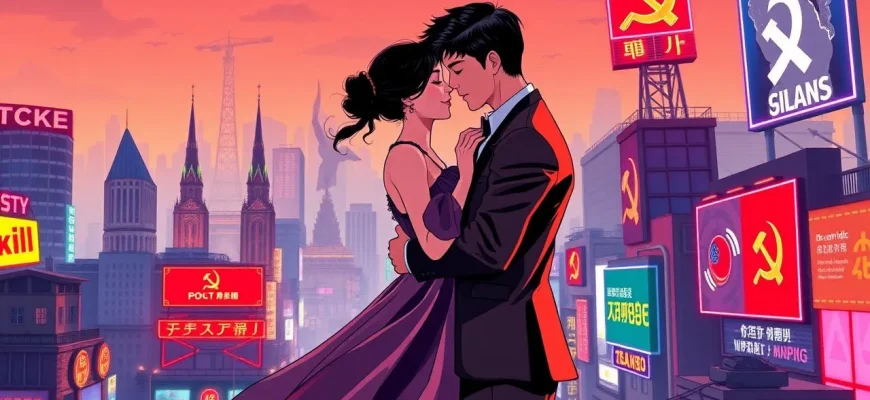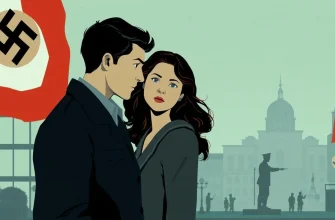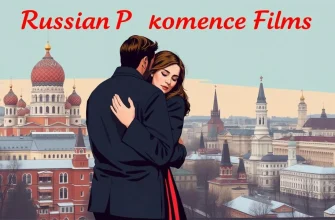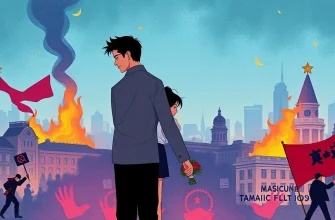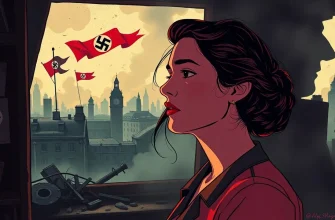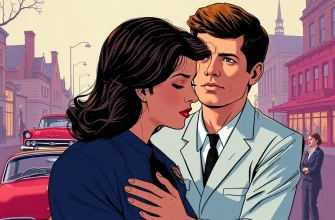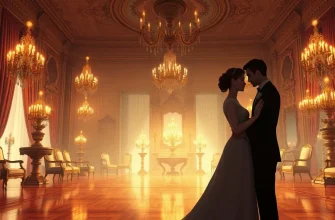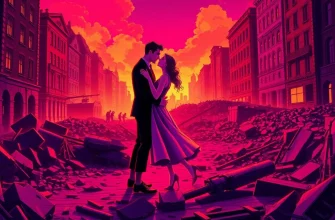This collection of films delves into the complex interplay between love and political ideology, set against the backdrop of communism. These stories explore how personal relationships are shaped by the socio-political environment, offering viewers a unique perspective on romance, sacrifice, and the human spirit in times of ideological upheaval. Each film provides not only a narrative of love but also a reflection on the impact of political systems on individual lives, making this selection both educational and emotionally engaging.
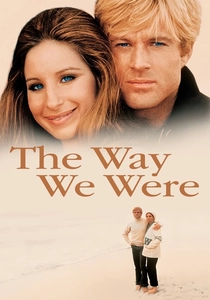
The Way We Were (1973)
Description: Though not directly about communism, it features a subplot involving political activism and the McCarthy era, exploring how political beliefs can strain romantic relationships.
Fact: Barbra Streisand and Robert Redford's on-screen chemistry was so compelling that it became a cultural touchstone for romantic films.
 Watch Now
Watch Now
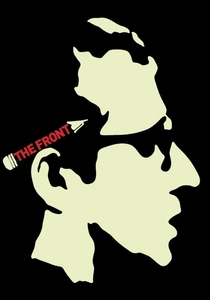
The Front (1976)
Description: Set during the McCarthy era, this film explores the impact of anti-communist hysteria on Hollywood, with a subplot of romance amidst political turmoil.
Fact: Woody Allen, who stars in the film, also co-wrote the screenplay, reflecting his own experiences during the blacklist era.
 Watch Now
Watch Now
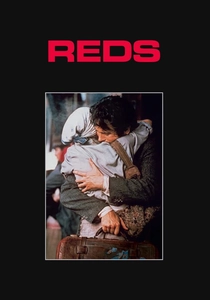
Reds (1981)
Description: This epic film chronicles the life of John Reed, an American journalist who becomes involved with the Russian Revolution, blending his political journey with his tumultuous love life.
Fact: Warren Beatty won an Oscar for Best Director for this film, which also features interviews with real-life figures from the era.
 Watch Now
Watch Now
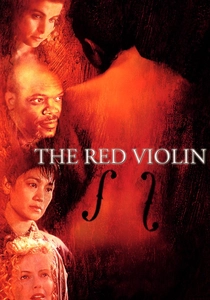
The Red Violin (1998)
Description: While not exclusively about communism, this film includes a significant segment set during the Cultural Revolution in China, where a violin becomes a symbol of love and resistance.
Fact: The film won the Academy Award for Best Original Score, composed by John Corigliano.
 Watch Now
Watch Now
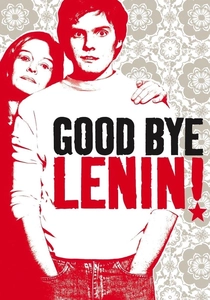
Good Bye, Lenin! (2003)
Description: A poignant comedy-drama about a son who tries to shield his mother from the shock of the fall of the Berlin Wall, exploring themes of love, family, and the transition from communism to capitalism.
Fact: The film was a major success in Germany, winning several awards including the European Film Award for Best Film.
 Watch Now
Watch Now
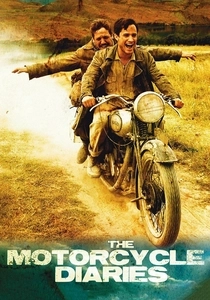
The Motorcycle Diaries (2004)
Description: This film follows a young Che Guevara's journey through South America, where his encounters with poverty and injustice shape his political views, intertwined with personal relationships.
Fact: The film was shot in several locations across South America, providing an authentic backdrop to Guevara's transformative journey.
 Watch Now
Watch Now
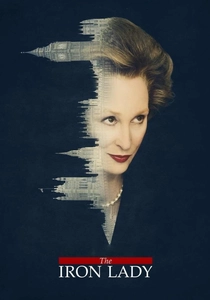
The Iron Lady (2011)
Description: While focusing on Margaret Thatcher, the film includes her opposition to communism, providing a backdrop for her personal and political life.
Fact: Meryl Streep won an Academy Award for Best Actress for her portrayal of Thatcher.
 Watch Now
Watch Now
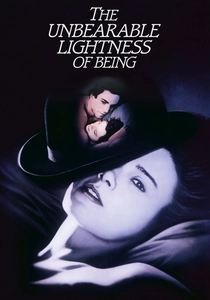
The Unbearable Lightness of Being (1988)
Description: This adaptation of Milan Kundera's novel captures the tumultuous love affairs during the Prague Spring, reflecting on freedom, love, and the weight of political oppression.
Fact: The film was banned in Czechoslovakia until the Velvet Revolution in
 30 Days Free
30 Days Free
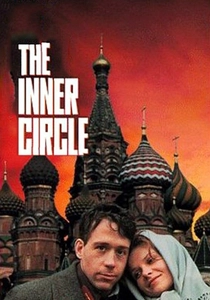
The Inner Circle (1991)
Description: Set in Stalinist Russia, this film tells the story of a projectionist who becomes involved with the inner circle of power, exploring themes of loyalty, love, and betrayal.
Fact: The film was directed by Andrei Konchalovsky, who had personal experience with the Soviet system, adding authenticity to the portrayal.
 30 Days Free
30 Days Free
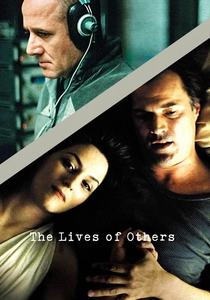
The Lives of Others (2006)
Description: This German film, set in East Berlin, intertwines a love story with the oppressive surveillance of the Stasi, highlighting the personal toll of living under a communist regime.
Fact: The film won the Academy Award for Best Foreign Language Film in 2007, and it was the first German film to do so since
 30 Days Free
30 Days Free

